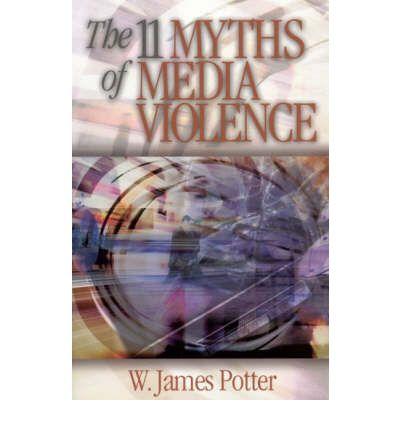Submitted by dilemma on

The dilemma presented in the book is about media violence and its negative effects on society confirmed by many reasearches, but how in the mean time more violent games, movies and tv-programs are produced and while people complain about the violence, they're still attracted to it. The book was published in 2002 but the topic is still up to date. The writer is also from the US and focuses on the effects of the problem especially in his own country.
The author suggests that there is in fact two problems around the matter. The one in the surface that gets all the attention and brings all the discussion and arguments is that media violence seems to have bad influence to society, but there has been been no noteable acts to really change anything. The lack of noteable change in programming from producers, lack of real change in consumption from the public, and lack of ability by policymakers to transmit a solution are all traceable to the underlying problem: the lack of communication thus not really understanding about the problem. There is not enough cooperation between these diferent groups of people to really make a change.
The author lists 11 myths, common assumptions of the relationship between media and violence, that are the primar barriers preventing us from confronting the issue. He presents and analyses one of the myths in each chapter, and in the last chapter he offers alternative set of beliefs, that try to correct the false ones. In the end of the book he also reminds that we have to recognise that we are all responsible for the problem of media violence and that each of us has played our part in making the problem worse. Therefore we can also each play a part in making the situation a lot better, once we share the responsibility and work together. "When each of us sacrifices a bit of our short-term selfish pleasures, we can together substantially reduce the risks of harm to all of us."
The Myths presented by the author are:
-
Violence in the media does not affect me, but others are at high risk.
-
The media are not responsible for the negative effects of their violent messages.
-
Children are especially vulnerable to the risks of negative exposure to media violence.
-
There is too much violence in the media.
-
Violence in the media reflects violence in society.
-
The media are only responding to markets desires.
-
Violence is an essential element in all fiction.
-
Reducing the amount of violence in the media will solve the problem.
-
The First Amendment protects the media from restrictions on violence.
-
The rating systems and V-chip will help solve the problem.
-
There is nothing I can do to make an effect reducing the problem.
-Nora


